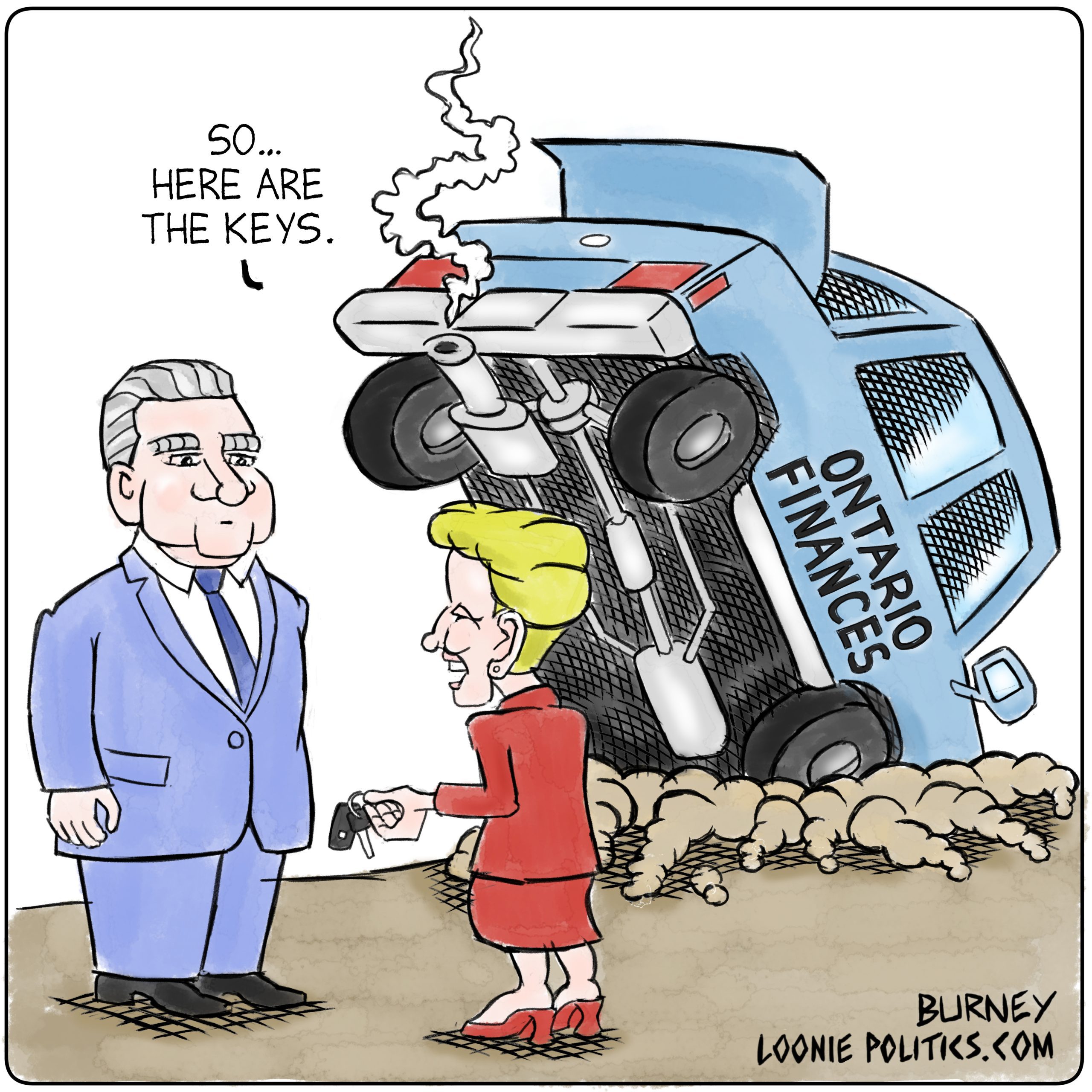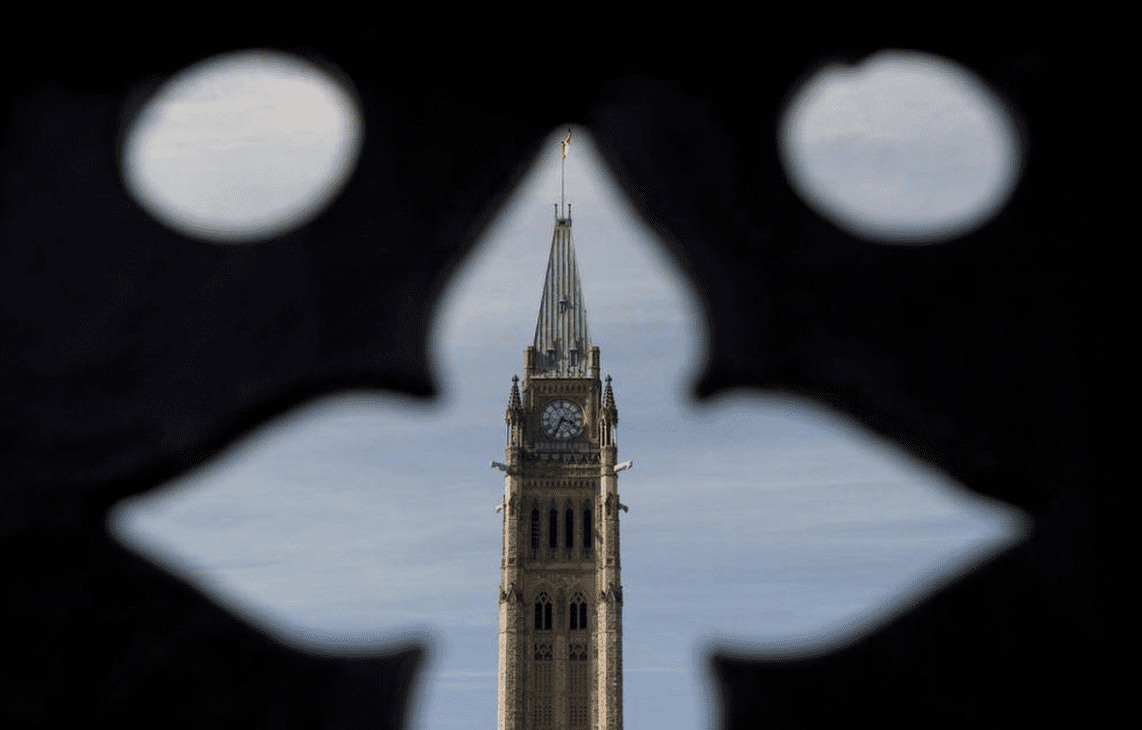There comes a time in every government's life when you pretend you didn't know just how badly the bunch of crooks who came before you screwed things up and you use that to justify doing all sorts of unpopular stuff. We should know: we did it when we came into office in 2003.
Oh sure, we acted all mad when we uncovered a hidden $5.6B deficit, but you wouldn't believe how useful it was in justifying our own spending and raising taxes. If we wanted to pretend that we were actually good fiscal managers, we could magic it away for a while before we brought it back. What we're saying is: crippling debt can be a good thing, if you know how to use it properly.
And now that *we* are the bunch of crooks that got kicked out of government, and now that the PC's have uncovered how bad the deficit actually is, and since Premier Fug Dord wants to regain that honeymoon that he obviously cares SOOOOO much about maintaining, might we humbly suggest that he do what we did 15 years ago and use this as an opportunity to show that he is REALLY "For The People" by appropriating more of their money through new taxes? Especially since this is still kind of the same deficit that PC Party left back in 2003, when you make the almost-conscious decision to look at it that way?
You have to ask yourself (and Doug definitely needs to ask himself): What kind of Premier does Doug want to be remembered as? Does he want to be the subject of endless notwithstanding clause jokes for four years, and blamed for everything that is going to go wrong for Andrew Scheer in "vote rich Ontario" for the next year? Or does he want to be known as the man who heroically slew the deficit and balanced the books, like a good widdle Conservative? Whooooo's a good widdle Conservative???! Yessss, Douggie-wouggie wants to be a good widdle Conservative, yes he does!!
Remember, Doug: You and your party didn't campaign on revealing the extent of the deficit. (If you had, you would have been Tim Hudak.) So how can we trust you when you say the deficit is $15 billion? After all, we're the ones who hid it, which is why we're the only ones you can trust!
And now you're telling everyone that your precious line-by-line audit is giving you cover to sell the LCBO? Oh, Doug, Doug, Doug. Don't you know how easy it is for us to convince people that selling the LCBO will actually decrease government revenue? We can, and have, with a straight face, said that a carbon tax would put more money in people's pockets, and got John Ivison to call it a "game changer." We can, and have, told people that "everyone already knew" about how bad the deficit really was after telling people it wasn't as bad as your party made it out to be.
The truth is, Doug, that you don't understand how this game is played. We do, because we make the rules and keep making them up as we go along. We've already gotten you to denounce Faith Goldy's words, if not her as a person, so why not just cut the crap and start raising taxes? Why continue with this charade of pretending that you can govern in any way other than our way of governing? Why #Resist when we are the ones doing the #Resisting?
By the time we're through with you, Mr. Doug, you'll be marching in Pride Parades, talking about "investing in infrastructure", and buying labour peace, just like everyone else. Nobody gets to violate the norms of Canadian society and get away with it, unless we say so. We think you know it just as much as we do. We know a significant chunk of your party already knows it. But we understand if you have to learn the hard way, just like Stephen Harper did, and just like Mike Harris did, and just like your dearly departed brother did. It's even OK if you don't ever say so publicly.
Photo Credit: Jeff Burney, Loonie Politics










